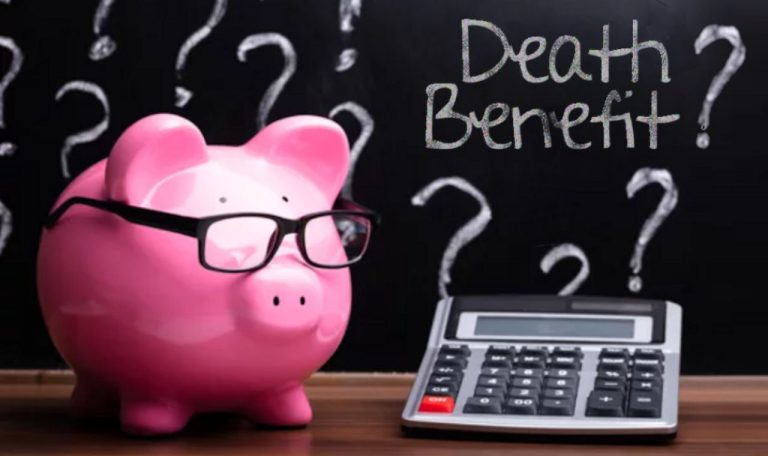Where will my retirement income come from ?
When you retire, you won’t be paid to work anymore – so where might your money come from? There’s a good chance you could get it from multiple sources. And knowing what these sources might be could help you plan for retirement.
Defined contribution or defined benefit plans
Some of your money could come from a defined contribution (DC) pension plan. These are sometimes called ‘money purchase’ plans.
Some might come from a defined benefit (DB) pension plan. These are also known as ‘final salary’ or ‘career average’ plans.
Don’t forget, you can have several pension plans.
Defined contribution plans
If you have a DC plan, you pay into it. Your employer will too if they set the plan up for you.
A maximum of £60,000 (or 100% of your earnings, whichever is lower) can normally be put in before you face a tax charge.
You can get tax benefits, like tax relief, on your payments into your plan. The money in your plan is invested, giving it the potential to grow.
The income you can get from your plan is based on how much has been paid in and investment performance. Remember, the value of investments can go down as well as up and could be worth less than was paid in.
You can withdraw money from the age of 55 (rising to 57 from 6 April 2028). 25% of your plan’s value is normally tax-free, while the remaining 75% is taxable.
Defined benefit plans
How much money you get from a DB plan depends on your salary when you retire or leave the pension scheme. Or sometimes it’s calculated using your average salary. It also depends on how long you’ve been part of that pension scheme.
You’ll be paid a pension income for the rest of your life with a DB plan. The age at which you can start taking your money could vary depending on the scheme.
You may be able to take a tax-free lump sum from a DB plan. Or you may be able to take your whole plan as a lump sum. Find out more on MoneyHelper.
The State Pension
The State Pension could make up a big portion of your total income in retirement – but this alone might not be enough to fund your life in retirement.
Men born on or after 6 April 1951 and women born on or after 6 April 1953 can claim the new State Pension when they reach State Pension age. That age is currently 66 (rising to 67 by 2028).
The full amount you can get is just over £10,600 a year. If you’re not getting – or you’re not on track to get – this much, voluntary NI contributions could potentially help boost your State Pension. Your state pension is taxable.







